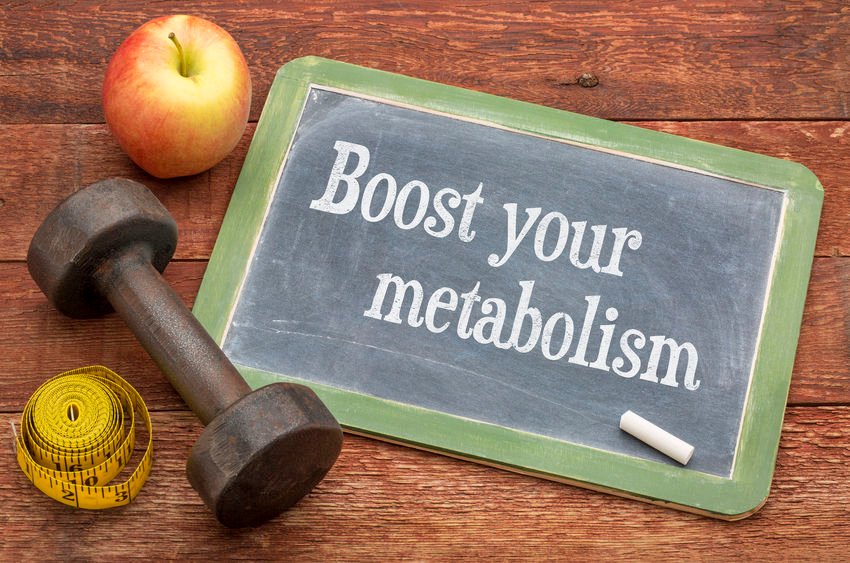Boosting metabolism involves increasing the rate at which your body burns calories to produce energy. A higher metabolic rate can aid in weight management and overall health. Here are several strategies to boost metabolism, along with their mechanisms:
-
Exercise Regularly:
- Mechanism: Exercise, especially high-intensity interval training (HIIT) and strength training, increases muscle mass. Muscle tissue is metabolically active, meaning it requires more energy (calories) to maintain compared to fat tissue. Therefore, the more muscle mass you have, the higher your resting metabolic rate (RMR), which is the number of calories your body burns at rest.
- Example: Engaging in activities like weightlifting, running, or cycling can help increase muscle mass and boost metabolism over time.
-
Stay Hydrated:
- Mechanism: Water is involved in various metabolic processes in the body, including those related to digestion and nutrient transport. Drinking enough water ensures optimal functioning of these processes, which can indirectly support a higher metabolic rate.
- Example: Aim to drink plenty of water throughout the day, especially before meals, as it may help reduce calorie intake and support metabolism.
-
Eat Protein-Rich Foods:
- Mechanism: Protein has a high thermic effect of food (TEF), meaning it requires more energy to digest, absorb, and metabolize compared to carbohydrates and fats. Additionally, consuming adequate protein helps preserve muscle mass, which is important for maintaining a high metabolic rate.
- Example: Include protein-rich foods like lean meats, fish, eggs, dairy products, legumes, and nuts in your diet to support metabolism and muscle maintenance.
-
Consume Metabolism-Boosting Foods:
- Mechanism: Some foods contain compounds that can temporarily increase metabolism or promote fat burning. For example, capsaicin in chili peppers has been shown to boost metabolism by increasing thermogenesis (heat production) and fat oxidation.
- Example: Incorporate metabolism-boosting foods such as chili peppers, green tea, coffee, and spices like cinnamon and ginger into your diet.
-
Get Sufficient Sleep:
- Mechanism: Inadequate sleep disrupts hormonal balance, including hormones involved in appetite regulation and metabolism, such as leptin and ghrelin. Chronic sleep deprivation can lead to metabolic disturbances and weight gain.
- Example: Aim for 7-9 hours of quality sleep per night to support metabolic health and overall well-being.
-
Manage Stress Levels:
- Mechanism: Chronic stress triggers the release of cortisol, a hormone that can promote fat storage and lead to metabolic dysfunction over time. Additionally, stress can contribute to unhealthy eating habits and lack of physical activity, further impacting metabolism.
- Example: Practice stress-reducing activities such as meditation, deep breathing exercises, yoga, or spending time in nature to help manage stress and support metabolic health.
-
Consider Supplements:
- Mechanism: Some supplements, such as caffeine, green tea extract, and certain herbal extracts like forskolin, may have modest effects on metabolism by increasing energy expenditure or promoting fat oxidation. However, their effectiveness can vary, and they should be used cautiously.
- Example: Consult with a healthcare professional before taking any supplements to discuss potential benefits and risks, and to ensure they are safe for you.
By incorporating these strategies into your lifestyle, you can help support a healthy metabolism and promote overall well-being. However, it’s important to note that individual metabolism can vary based on factors such as age, genetics, and underlying health conditions. Therefore, what works best for one person may not be as effective for another. Consistency and patience are key when it comes to boosting metabolism and achieving sustainable results.

Leave a Reply